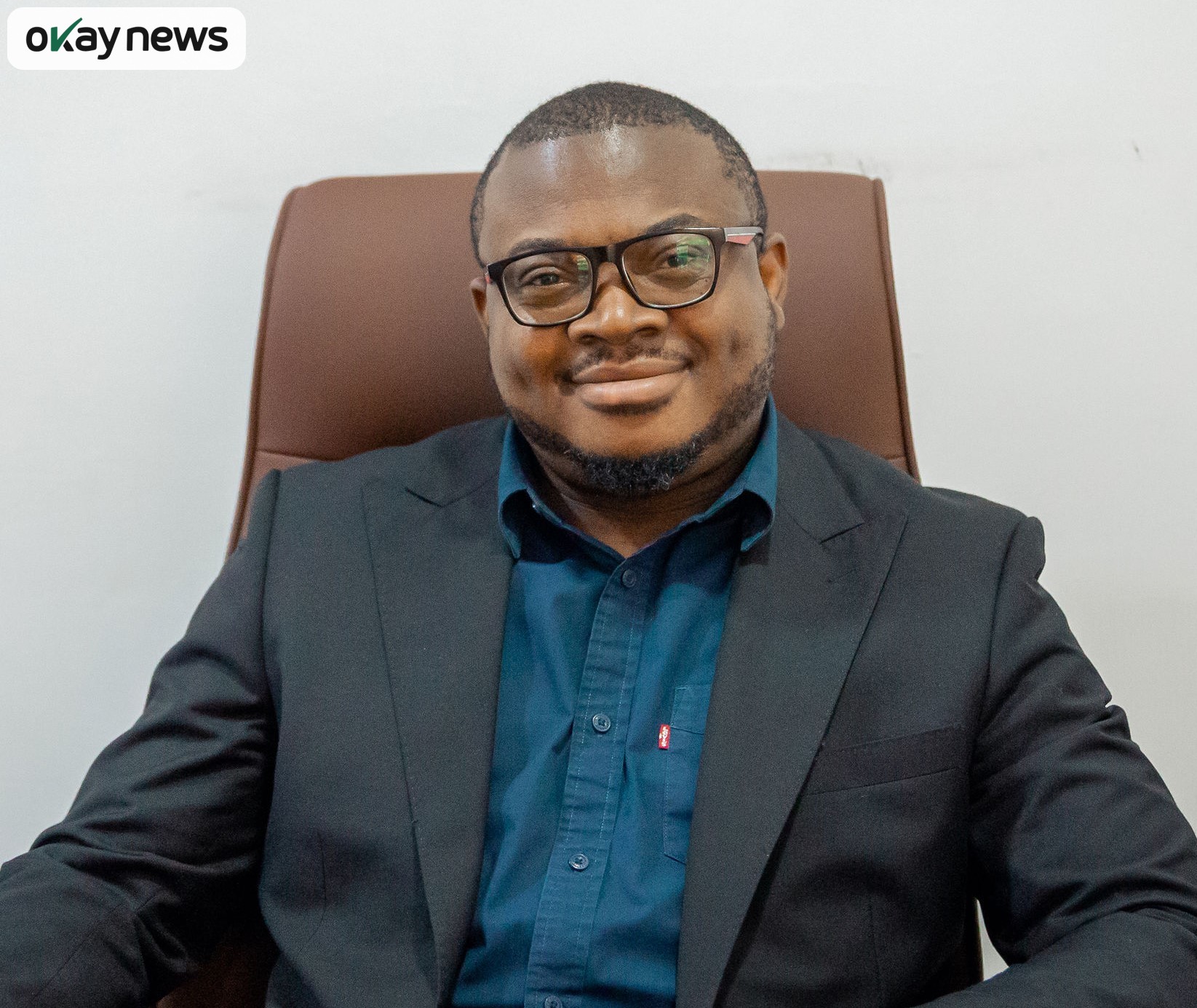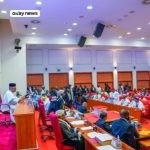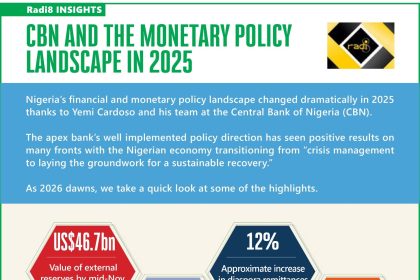By Henry Obiekea, Managing Director, FairMoney Microfinance Bank Nigeria
Nigeria’s pursuit of a $1 Trillion Gross Domestic Product (GDP) by 2030 is perhaps the most significant economic objective in the nation’s history. This goal is audacious, yet wholly achievable, rooted in the nation’s greatest asset: its dynamic and youthful population. With a median age well below the global average, this demographic dividend is a reservoir of creativity, entrepreneurship, and innovation—the very fuel for an economic explosion.
However, harnessing this potential requires more than just ambition; it demands inclusive capital. Today, the brilliant ideas generated by young Nigerians—from tech startups to agri-business ventures—often stall due to a fundamental challenge: access to finance. The Finance Minister, Mr. Wale Edun, recently amplified this imperative, urging financial institutions to actively finance the ideas of young Nigerians, warning that failure to do so risks pushing this talent into unregulated, unproductive ecosystems. This official focus underscores a critical truth: financial inclusion is the priority driver for meeting the $1 Trillion target.
Despite Nigeria’s status as a continental leader in technology adoption, a significant portion of its adult population remains financially underserved. Recent surveys show that the total gap—those entirely excluded or reliant only on informal systems—stands at 36%, representing approximately 40 million productive individuals. This population includes 26% of adults who are fully cut off from the formal system, while another 10% rely solely on informal services. Persistent gaps are especially pronounced across regional and demographic lines, particularly in the North and among low-income groups. Relegated largely to the informal economy, these millions of people are unable to save securely, build credit, or access the capital needed for scale. While mobile penetration, agent networks, and digital onboarding are actively narrowing the divide, sustained progress in inclusion-driven growth fundamentally demands access to credit.
Despite an observed increase in account ownership, Nigeria’s credit penetration remains notably shallow, registering between 13% and 19% of GDP, which is among the lowest globally and limits critical economic growth vectors, particularly for MSMEs and household consumption. This low credit-to-GDP ratio highlights a significant underdevelopment in the domestic credit market. In contrast, regional African peers like Kenya and Egypt have credit ratios roughly twice as high, sitting between approximately 31% and 37%, supported by increasingly data-driven lending models that are more effective at reaching small businesses. Emerging global economies such as India and Brazil boast deep credit markets, where penetration reaches between 53% and 62%, providing the financial leverage necessary for robust private-sector expansion. The extreme of the scale is occupied by nations with mature financial infrastructure, like South Africa, where the credit penetration rate is approximately 90% of GDP, underscoring the distance Nigeria must travel to unlock its full economic potential through a diversified and accessible lending base.
The opportunity lies in the digital revolution. With mobile phone usage soaring (over 93% of adults), the physical barrier of the bank branch has been rendered obsolete. Fintech companies in Nigeria have brilliantly seized this moment, leveraging mobile technology and data science to catalyze inclusion.
Digital access alone, however, is insufficient. The engine for sustained economic growth is authentic financial inclusion, characterised by fairness and transparency. Without these twin values, digital finance risks replacing physical exclusion with predatory models, characterised by hidden charges and opaque terms that ultimately erode trust, leading to financial distress and a retreat from the formal economy. To truly empower the populace and grow the GDP, every transaction must build, not break, the customer’s financial life. This is the principle that elevates financial services from a mere utility to a foundation of national economic strength.
This commitment to fairness is precisely where FairMoney acts as a crucial lever for the national ambition. Operating as a licensed microfinance bank providing financial services through our mobile app, FairMoney’s model directly tackles the barriers to entry by making every interaction transparent and efficient. Our commitment to “no hidden charges” means customers understand the full cost of credit upfront, fostering a responsible borrowing culture. We leverage innovation to serve the excluded. We focus on accessibility and speed to enable instant account opening and rapid loan approvals by leveraging alternative data and advanced scoring algorithms, using technology for operational efficiency, such as Maps for remote operational address verification.
Beyond loans, we offer full-service banking with bank account numbers, competitive Fixed Deposits with good interest rates on savings, instant bill payments, and specialized services like POS services for small businesses. Our savings products, designed to track and build wealth, incentivize long-term financial health.
By providing these robust services with speed and transparency, FairMoney is not just offering a product; we are committed to digitally onboarding millions of Nigerians into a trusted, formal economic identity.
The impact of this fair digital model ripples across the economy, directly powering the $1 Trillion objective. A small business owner who secures a transparent, low-friction loan can instantly purchase inventory, hire staff, and expand operations. This immediate injection of capital and increased velocity of money—made possible by digital speed and trust—translates directly into higher output and taxable revenue, boosting GDP. Also, by offering competitive savings and fixed deposit rates, we successfully mobilise capital that might otherwise sit dormant or be held in informal, non-productive assets. This pooled capital becomes the investment bedrock needed to fund the larger infrastructure and industrial projects essential for the 2030 target.
When entrepreneurs can access transparent loans or savings in a crisis, they prevent business collapse, maintaining employment and economic continuity. This resilience ensures that economic shocks do not derail the cumulative progress toward the national goal.
Authentic financial inclusion acts as a social safety net. Fairness in finance, therefore, is not a philanthropic ideal; it is a sound economic strategy. It ensures that the millions of productive economic units, especially the youth and the underbanked, are not just spectators but active, invested contributors to the nation’s growth story.
The path to a $1 Trillion economy is clear: it must be built on the principle of inclusion. This ambition will be realized by empowering the underbanked financially and leveraging digital solutions to dramatically improve access to finance across Nigeria. Financial institutions must champion Fair Digital Access—a commitment to innovation that FairMoney is already pioneering.
In the digital age, trust is the new currency. To fully unlock Nigeria’s trillion-dollar destiny, we must earn this trust through consistent value, transparency, and the fair and equitable deployment of financial capital.







